Guest post written by author Kate Doughty
Kate Doughty graduated from the University of Virginia in May 2018 with a dual major in English and psychology. She lives and works in Washington, DC. The Follower is her first novel.
My first novel has been out for less than a week, and it is already out-of-date. No, really. It took 18 months for The Follower to go from outline to publication—a blisteringly fast pace to write and publish a book—but we were still too slow for the internet. While we were drafting and revising our novel about social media stars, an app called Musical.ly rebranded and took the social media world by storm as TikTok. And just like that, my novel about Instagram starlets and a death house was outdated—or was it?
Can writers capture the energy of social media in a way that transcends the rapid pace of new trends and changing mediums? Writing about social media is a challenge, but it is very much one worth taking, and it’s one of the key things that drew me to The Follower. I’m old enough to remember when we called influencers ‘cewebrities’ (like celebrity—I know, it’s bad) but young enough to have been able to watch the rise of social media firsthand as I grew up. The evolution of internet culture and social media influencers is something that I find fascinating, and I was very excited to be able to capture that in a book, especially since so many aspects of being online lend themselves well to a thriller.
While the fast pace of trends can make capturing internet culture in a novel intimidating, I think the medium has a lot to offer. Yes, trends will come and go and platforms will change, but the overall energy of social media has themes with definite staying power.
Something I enjoyed mining in The Follower are parasocial relationships, and the way that they shape our lives, both on and off the web. These are the relationships between public figures (like influencers) and their followers, where the follower knows intimate details about and forms deep relationships with a public figure that doesn’t know that they, as an individual, exist. I know that I’ve caught myself thinking, oh yeah, she’s cool, we’d definitely be friends about youtubers, instagrammers, and TikTok creators that have no idea who I am—and never will. But who among us doesn’t have at least one unhealthy parasocial relationship these days? I loved being able to take advantage of likes, comments, and replies throughout the novel to add that element of voyeurism, giving the reader the perspective of both the reader and the watcher to amp up the creepiness and turn them into just another follower.
I find that social media blurs the line between fantasy and reality in a way that is really similar to what books do. The possibility of everything being an illusion—or not—is something that I am absolutely addicted to. This can be as simple as photoshopping a picture or as complicated as an Alternate Reality Game, an account that appears to document events in real life but is actually a work of fiction (think the Blair witch project, but in a series of TikToks or Instagram posts).
Social media also makes us examine our relationship to authenticity, and what it really means to present as ‘ourselves.’ The pressure to produce new content and to present one way or another—or adhere to strict beauty standards—is something that a lot of online creatives struggle with. This takes on a whole new dimension once being on social media becomes someone’s main source of income. When the product is you, what happens when you want to change? What if your followers don’t like it? And while I love the recent rise of body positivity into social media, there are still ridiculous body standards everywhere online. These standards—and the corners of the internet that perpetuate them (hello there, eating-disorder-tumblr turned diet-culture-TikTok) are as present as they were when I was growing up, and I do worry that as more and more people have access to better and better video editing, it’s easy to forget that the standards for some appearances aren’t just unrealistic, they’re downright impossible.
It’s not surprising that a lot of the themes surrounding social media—authenticity, illusion, the weight of expectations—are common themes across YA genres from high fantasy to realism. As people, particularly young people, continue to form more and more relationships online, social media can be a great tool to help writers examine our relationship with ourselves and our relationship to others. It allows us to ask a lot of interesting questions. What does it mean to be authentic? How am I going to become who people need me to be—or what if that’s not what I want? These questions can spur compelling narratives, and that’s something that’s not going to go out of style, no matter how fast trends change.












